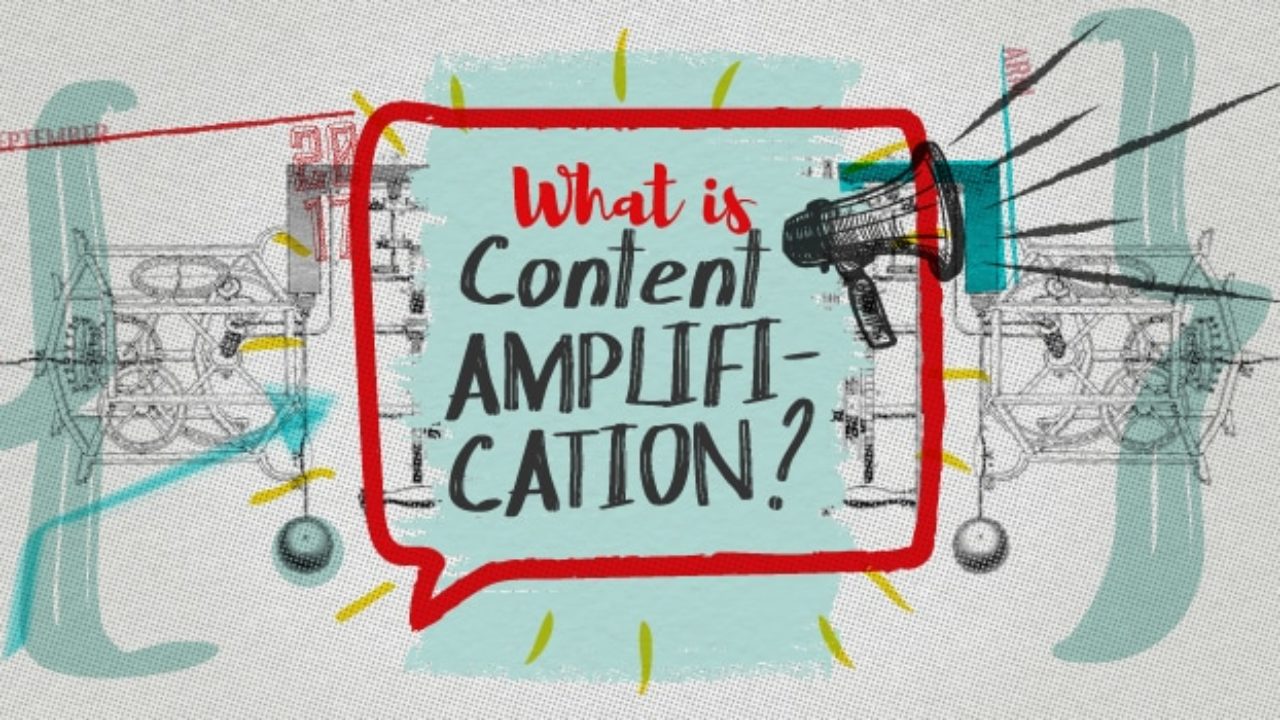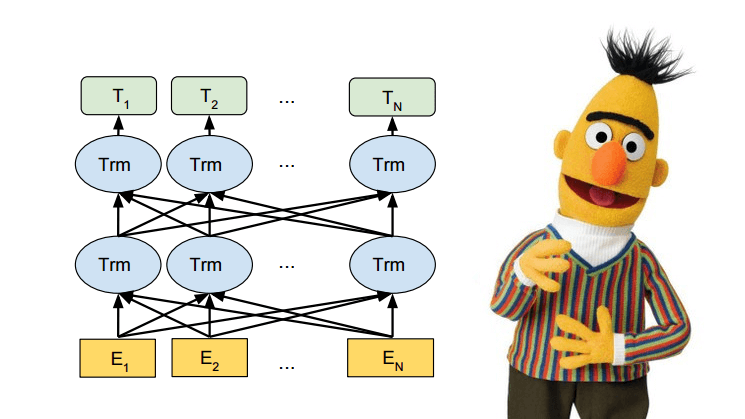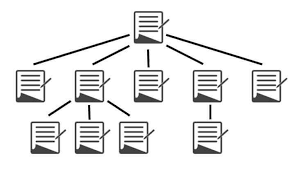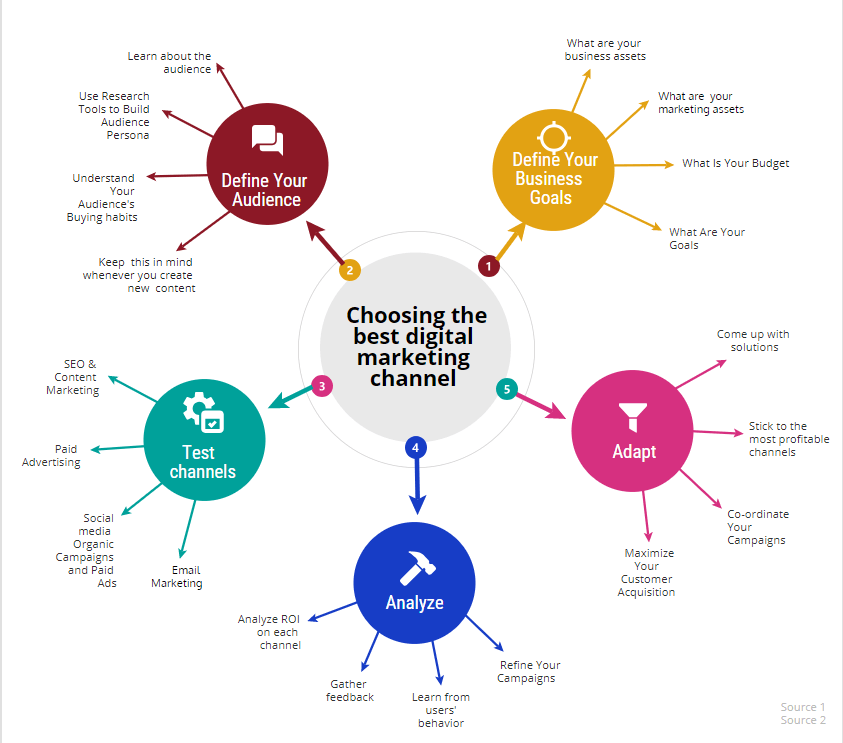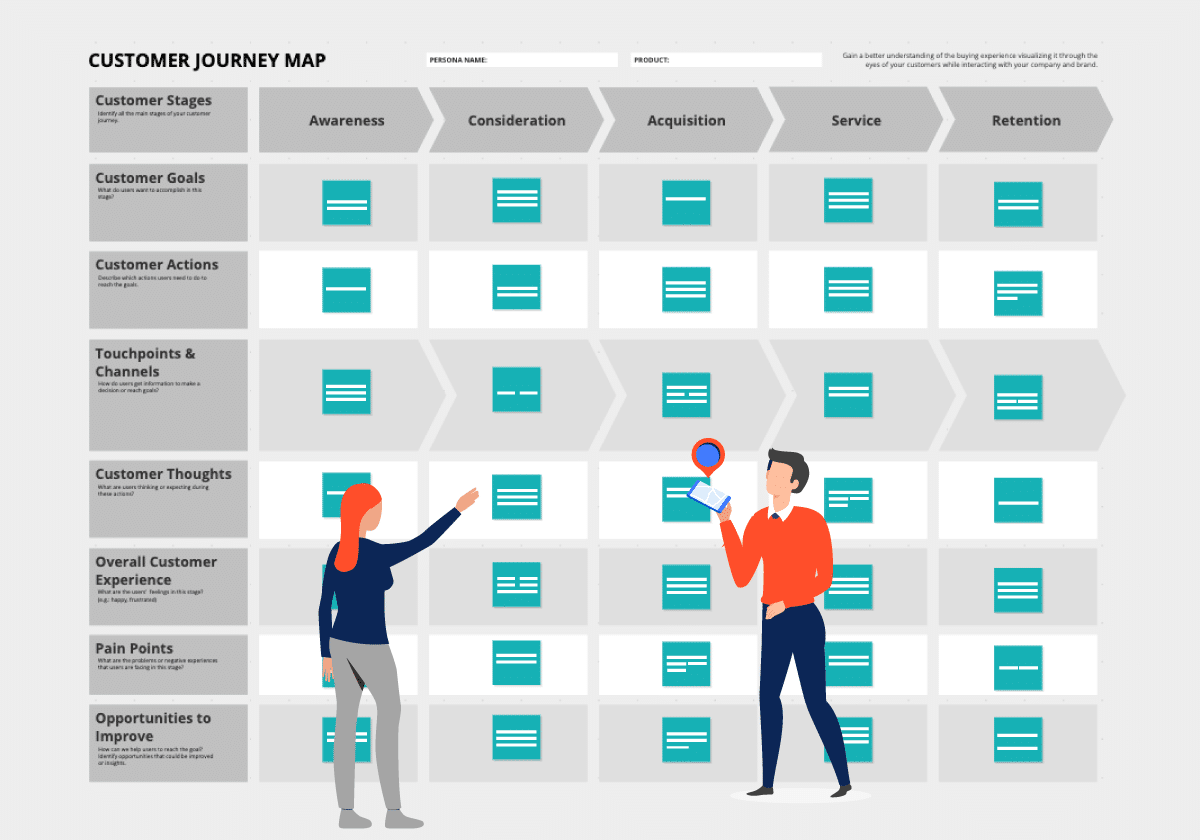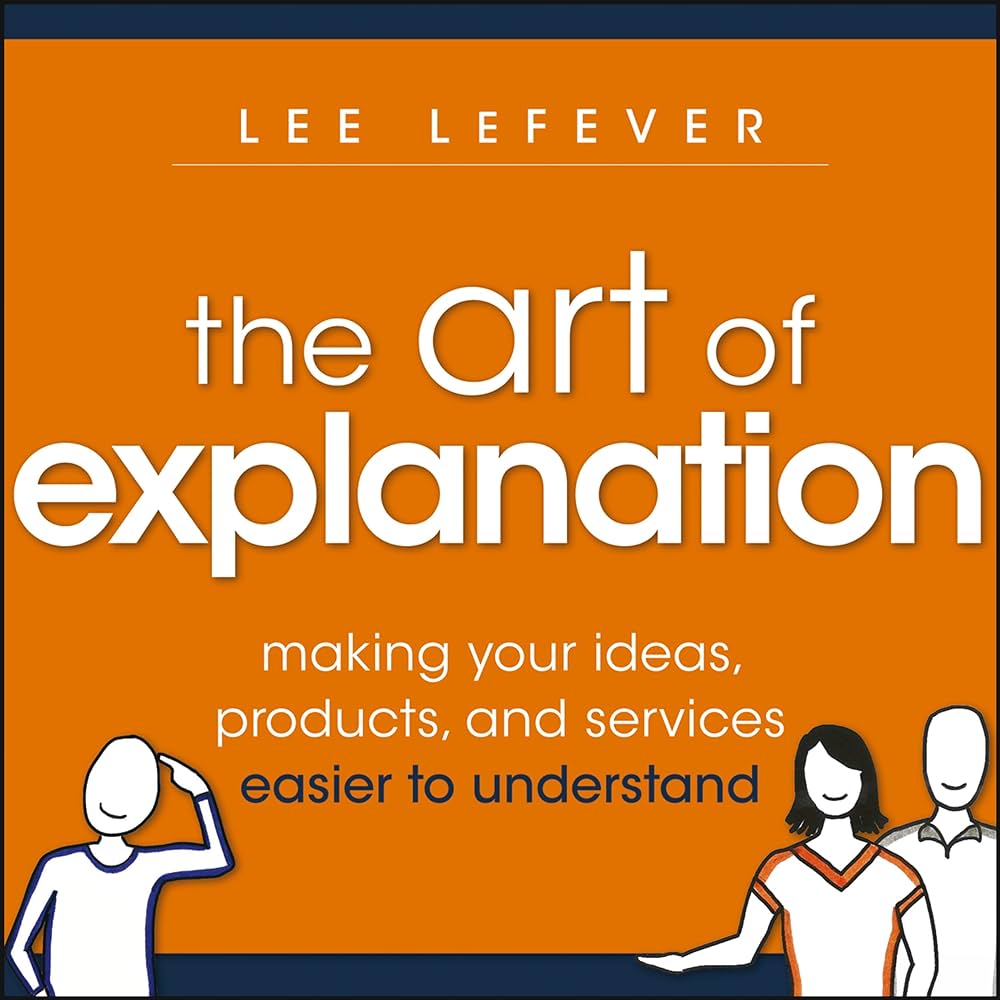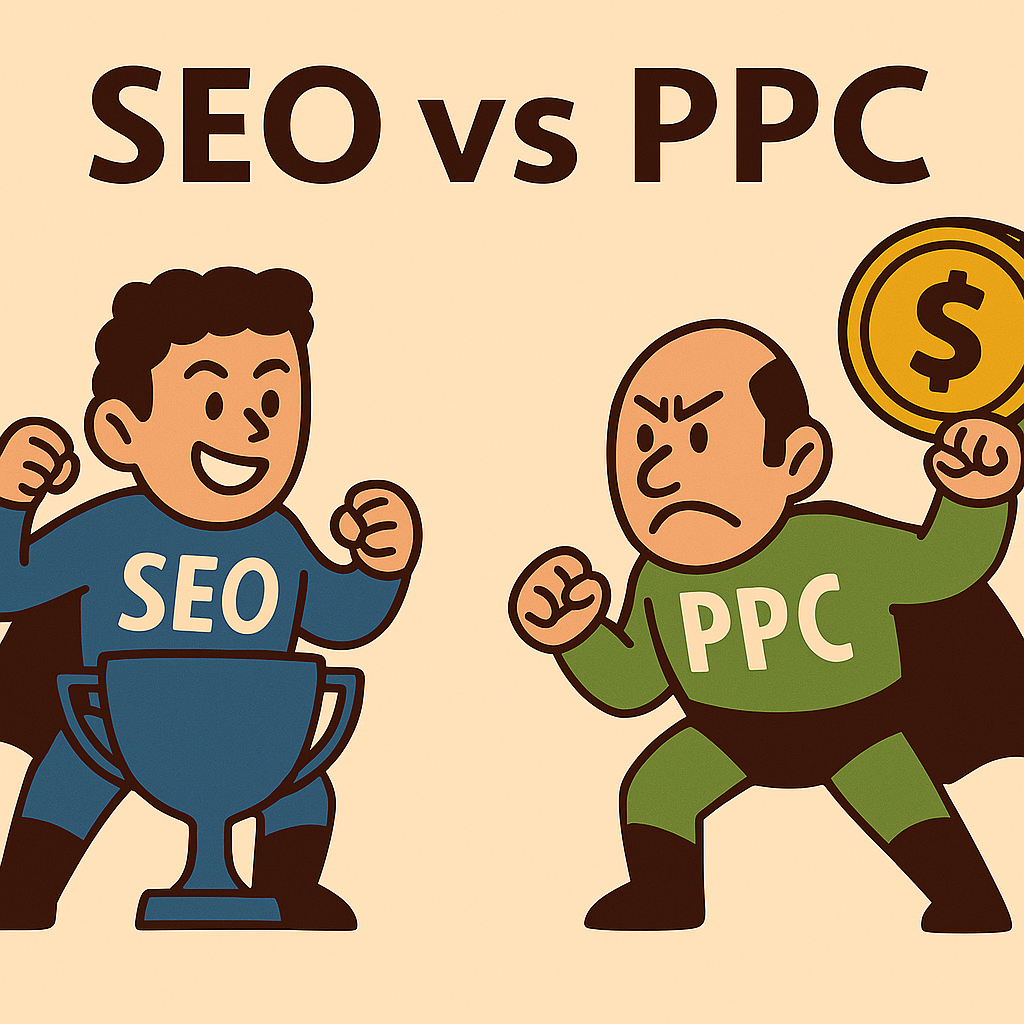
Hummingbird and the future of search engine optimisation
Hummingbird and the Future of Search Engine Optimisation Introduction This week, Google announced that Hummingbird, the most significant upgrade to its search algorithm since 2001, has been live for “a few months.” While Panda focused on content and Caffeine-improved speed, Hummingbird is primarily an update addressing semantic search. Every SEO company in Sydney tuned in […]
Table of Contents
Hummingbird and the Future of Search Engine Optimisation
Introduction
This week, Google announced that Hummingbird, the most significant upgrade to its search algorithm since 2001, has been live for “a few months.” While Panda focused on content and Caffeine-improved speed, Hummingbird is primarily an update addressing semantic search. Every SEO company in Sydney tuned in to learn the details of this latest update, and it is clear that the landscape of search engine optimisation is evolving.
Understanding Hummingbird
By moving towards semantic search, Google matches query intent and meaning rather than simply matching entered keywords with the content on the page. In essence, Google is beginning to understand the meaning behind search queries. For example, where you might previously have typed “SEO services Sydney,” Google can now comprehend a more human question like, “Who can make my website popular in Sydney?”

Applications of Semantic Search
This advancement’s most apparent application is voice search, where understanding human questions is crucial. People prefer to speak naturally rather than in keyword phrases. The web’s shift to a “strings to things” philosophy is significant for SEO.
Google as an Answer Engine
Google is transitioning from a search engine to an answer engine. Successive searches allow users to ask questions, clarify details, and drill down for more information, increasing search results’ relevancy. Each Google update impacts SEO, and while some may resist these changes, adapting to them and following Google’s guidelines can be beneficial.
Implications for Local SEO
Hummingbird offers local businesses opportunities to enhance their online semantic profiles. Using semantic data, such as geotags, is vital in the mobile world, allowing nearby searchers to find businesses easily. This shift in search is advantageous for small businesses, helping them develop effective content marketing strategies and rank higher in results.
Building a Semantic Profile
- Geotags: Use geotags to improve local search visibility.
- Quality Content: Focus on creating high-quality, relevant content.
- Social Media Engagement: Build genuine social media engagement with relevant content.
The Future of SEO
The move towards semantic search is inevitable. Moving away from focusing solely on keywords and links fosters a landscape where natural human queries can thrive. As long as you create great content that is relevant and answers customer questions, semantic search will support your SEO efforts.
Conclusion
The semantic shift brought by Hummingbird is here to stay. Embrace this change by focusing on relevant content and enhancing your semantic profile. This approach will ensure your search engine optimisation efforts are effective in the evolving SEO landscape.








